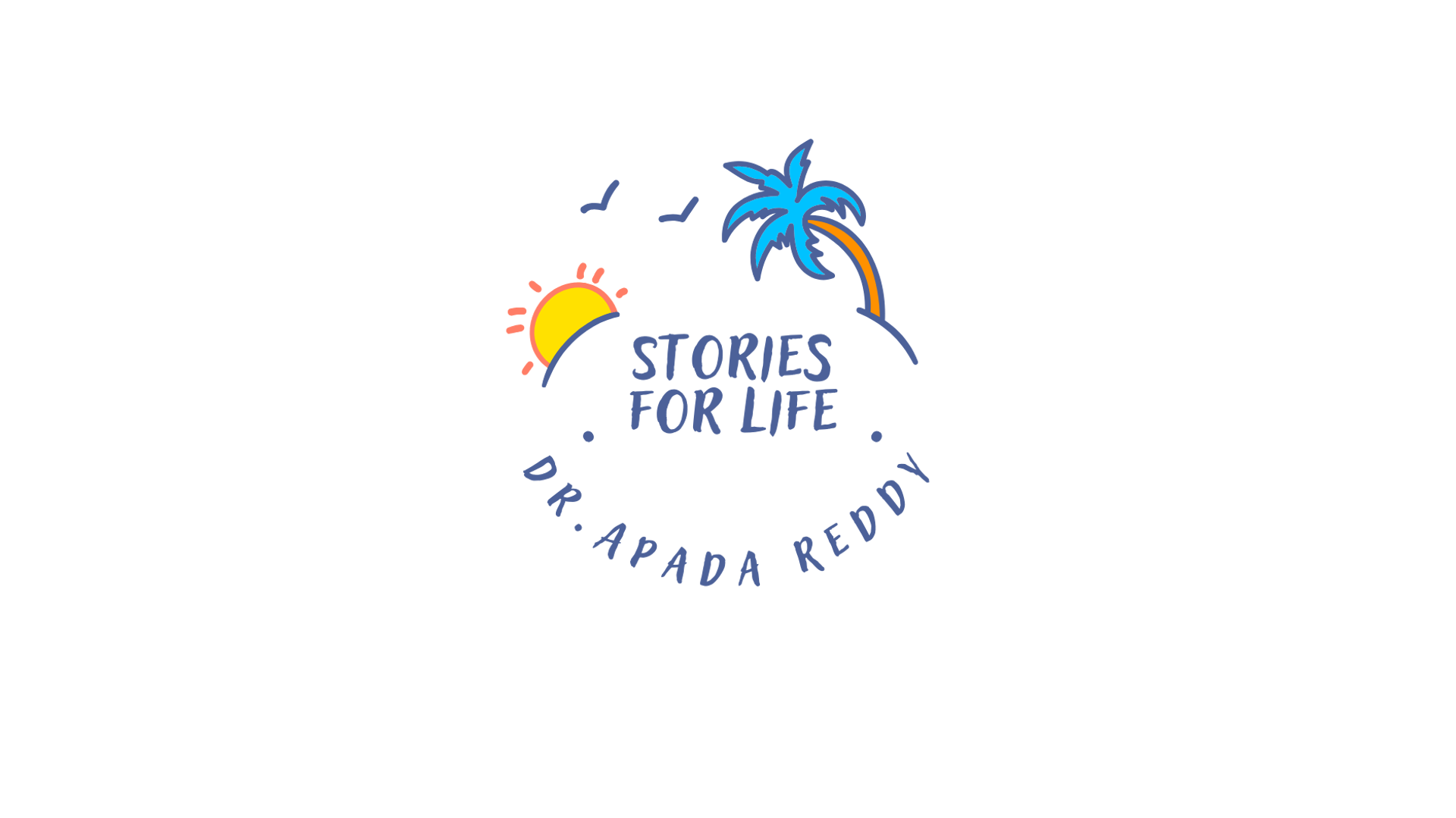Think Before You Judge: Combating Prejudice and Bias
Learn why you shouldn't judge hastily, the importance of unbiased decisions, and steps to reduce prejudice and foster empathy.
LIFE
Dr Apada Reddy Gangadasu
6/26/20242 min read


Understanding Prejudice: Why We Shouldn't Judge Based on What We Hear
In today's fast-paced world, we are constantly bombarded with information. From social media posts to news headlines, our brains are saturated with data, opinions, and stories about people and events around us. This overwhelming influx of information often leads to forming judgments and opinions quickly, sometimes without much thought or analysis. However, it is crucial to understand the dangers of this approach, particularly when it comes to prejudice.
The Dangers of Prejudice
Prejudice is a preconceived opinion that is not based on reason or actual experience. It can manifest in various forms, including racial, gender, religious, and socioeconomic biases. The roots of prejudice are often deep, stemming from cultural norms, upbringing, and societal influences. However, no matter its origin, prejudice can lead to harmful consequences, both for individuals and society as a whole.
Why We Shouldn't Believe Everything We Hear
Inaccuracy of Information: Not all information we receive is accurate or truthful. Misinformation and fake news are rampant, and without proper scrutiny, we may end up believing and spreading false narratives.
Bias and Subjectivity: Sources of information can be biased. Media outlets, influencers, and even friends and family can have their own biases that color the information they share. It's essential to recognize that everyone has their own perspectives, which may not always align with the truth.
Incomplete Narratives: Often, the stories we hear are incomplete. We might only get one side of the story or a fraction of the facts. Making judgments based on partial information can lead to misunderstanding and unfair conclusions.
The Importance of Analyzing Before Making Decisions
Critical Thinking: Developing critical thinking skills is vital in discerning the validity of the information we receive. This involves questioning the source, cross-checking facts, and considering multiple perspectives before forming an opinion.
Empathy and Understanding: Taking the time to understand different viewpoints and the context behind actions or beliefs can help combat prejudice. Empathy allows us to put ourselves in others' shoes, fostering a more inclusive and fair mindset.
Unbiased Decision-Making: Striving to be unbiased means making decisions based on facts and evidence rather than preconceived notions. This approach leads to more just and equitable outcomes, whether in personal relationships, workplace settings, or broader societal issues.
Steps to Reduce Prejudice
Education and Awareness: Learning about different cultures, histories, and social issues can help break down stereotypes and reduce ignorance. Awareness programs and inclusive education can play a significant role in this process.
Self-Reflection: It's essential to recognize and acknowledge our own biases. Self-reflection helps us understand the origins of our prejudices and work towards overcoming them.
Open Dialogue: Encouraging open and respectful conversations about sensitive topics can lead to greater understanding and reduce prejudice. It's important to create safe spaces where people feel comfortable sharing their experiences and perspectives.
Active Listening: Truly listening to others, without interrupting or forming judgments, is a powerful tool in combating prejudice. Active listening fosters respect and empathy, helping bridge gaps between different viewpoints.
Challenging Stereotypes: Actively challenging and speaking out against stereotypes and discriminatory behavior is crucial. This can be done through everyday actions, such as calling out biased jokes or supporting marginalized groups.
Conclusion
Prejudice is a pervasive issue that affects individuals and societies worldwide. By recognizing the dangers of believing everything we hear and understanding the importance of unbiased analysis, we can work towards a more just and inclusive world. It's up to each of us to question our assumptions, seek the truth, and strive for fairness in all our interactions. By doing so, we can help dismantle the walls of prejudice and build bridges of understanding and empathy.

